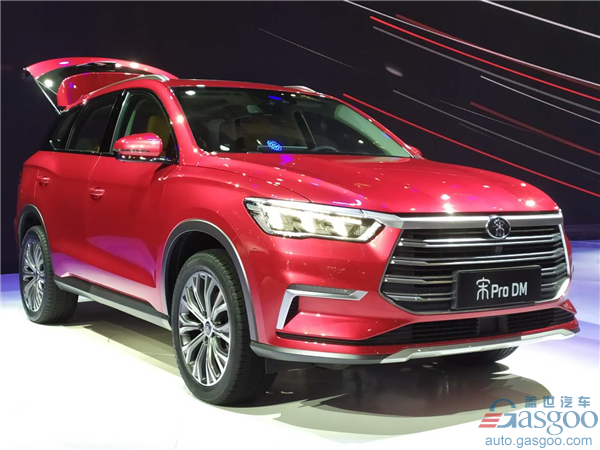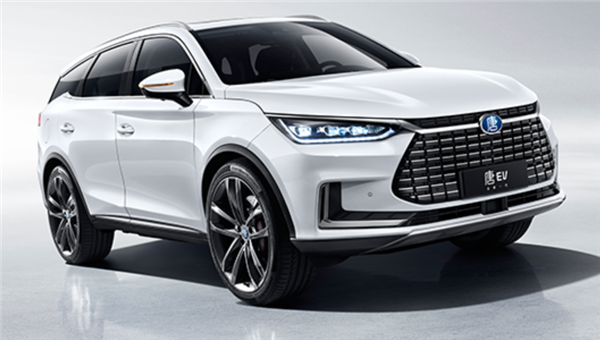BYD records YoY slump of 42.03% in 2019 net profit
Shanghai (ZXZC)- China’s BYD Company Limited said its annual profit attributable to equity holders in 2019 reached roughly RMB1.612 billion, slumping 42.03% year on year mainly due to the impact from changes of industrial climate and policies, and the rise in R&D expenses.

The group (BYD and its subsidiaries)'s full-year revenue edged down 0.01% to RMB121.778 billion, which was similar to that of 2018. Besides, gross profit slightly grew 0.05% over a year ago to RMB18.076 billion, and gross profit margin climbed to 14.84%, versus 14.83% in 2018.
The group primarily operates automobile businesses which include traditional fuel-burning vehicles and NEVs, handset components and assembly services, as well as rechargeable battery and photovoltaic business. Besides, it also actively develop urban rail transit business sector.
In 2019, BYD's NEV sales volume slid 7.39% to 229,506 units. According to the annual results, the decline was partly attributable to the NEV subsidy phase-out in China and the early switching to the China Ⅵ emission standards in some regions.

(Photo source: BYD)
Despite the unfavorable industrial factors, the group still continued to upgrade product matrix of the “Dynasty” series by launching such new models as the new generation of the Tang EV, the all-new Song Max PHEV, the all-new Yuan EV, and the brand new Qin EV.
It is also the first year for the “e” series release. Last year, BYD successively launched the e1, e2, and e3, contributing new growth points to the group's development.

(Photo source: BYD)
As for fuel-powered vehicle business, the automaker launched in July 2019 the Song Pro—an iterative product for the Song, which retains the iconic “Dragon Face” design language and is outfitted with the “DiLink 2.0” smart networking system. Moreover, the Song Max was among the top five best-sellers in China's MPV market.
However, BYD's fuel-burning vehicle sales declined 15.02% over a year ago to 231,893 units, due to the overall market downturn and the elimination of older models.
The group said its supply and distribution system gained some positive results in 2019. The most prominent one should be its cooperation with Japanese auto giant Toyota. Both parties signed an agreement for the establishment of a BEV R&D joint venture. By virtue of the partnership, BYD would enhance its product R&D and quality control abilities, and open up the global supply of its components.
Additionally, BYD formed a comprehensive strategic cooperation with Huawei, planning to jointly explore and develop such areas as automotive intelligent networking and intelligent driving.

